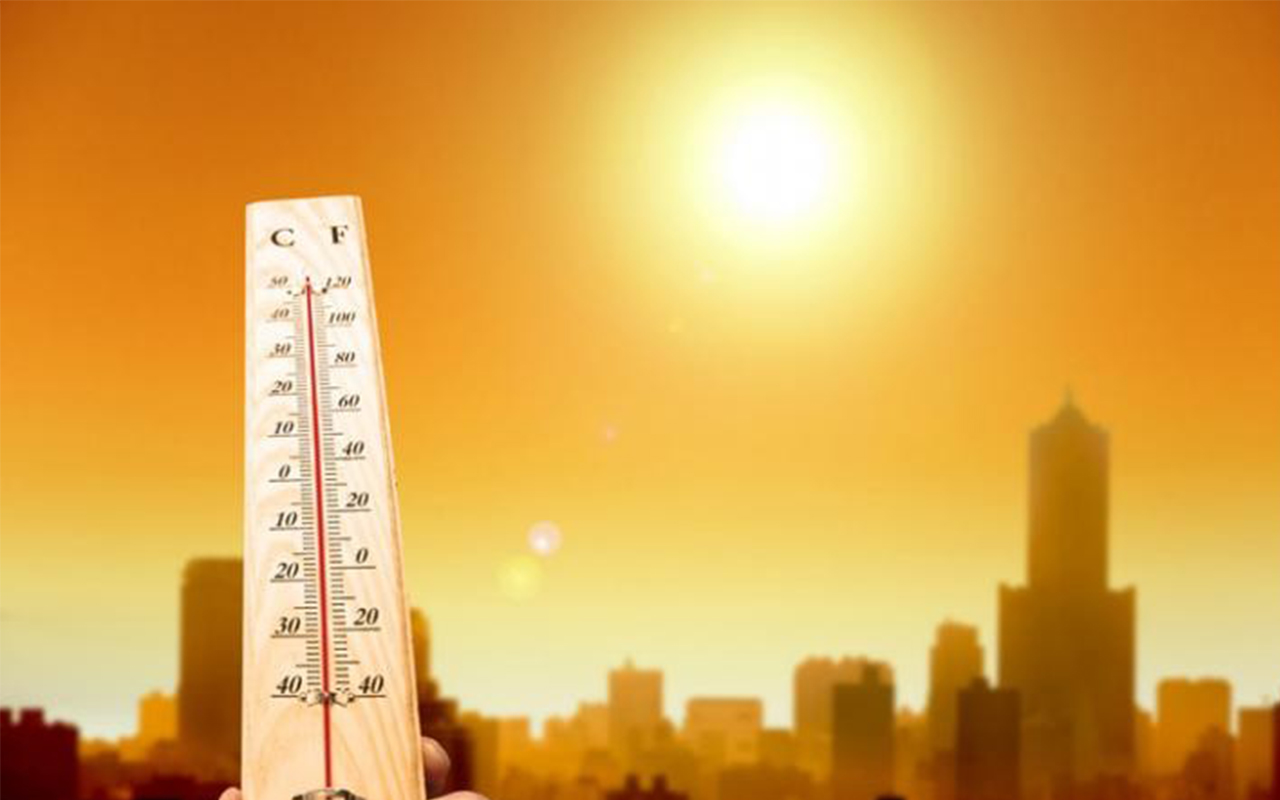Summertime and the livin’ is easy…and sometimes incredibly hot. As we race toward summer homes, vacation spots or just hang around the City, we have to be mindful that hot temperatures can be very dangerous wherever we are.
Heat advisories should be taken seriously especially when high temperatures and humidity can produce heat indices between 95 and 100 degrees Celsius. Whether you are young or old, obese or just the right weight, you can be seriously impacted. Experts warn that these weather conditions “can cause heat stroke and exacerbate chronic medical conditions, and may lead to severe complications and death.”
Heat waves that last for several days can be even more dangerous to your health as the effects may wear away at your body’s ability to cool itself. Sweat is the body’s way of regulating temperature for cooling down. If you are outdoors too long, over-exercise or work strenuously in hot weather or a heated room, your body may have difficulty producing enough sweat to keep you cool.
According to the Mayo Clinic, being exposed to excessive heat may result in heat exhaustion. This is the precursor to heat stroke and is a direct result of rising body temperature. Symptoms of heat exhaustion include heavy sweating, rapid pulse, dizziness, fatigue, cool, moist skin with goose bumps, muscle cramps, nausea and headache. Causes of heat exhaustion may be dehydration, wearing too much insulating clothing, and consuming alcohol.
If heat exhaustion continues unabated, you may experience heat stroke, which can be deadly. Symptoms include fever (103 and higher), rapid pulse, loss of consciousness, hot, red, and dry skin.
The best way of dealing with dangerous heat is to stay indoors and keep the air conditioning on, as it is the most effective protection. If you must go out, drink plenty of fluids to stay hydrated and to keep your electrolytes balanced. Wear sunglasses. Dress in loose white and light clothing to deflect the sun and reduce body heat. (See our past blog post on hydration in How to Beat the Summer Heat).
Remember to use your common sense at all times: no one is impervious to heat exhaustion or heat stroke. So avoid unnecessary exertion, particularly at the hottest times of the day, generally Noon-3pm.
Finally, if you are on medications like antidepressants, antihistamines, antibiotics and diuretics, be aware that you are particularly vulnerable in hot sun. You will become dehydrated much more easily than others. If you have concerns or are experiencing the symptoms of heat exhaustion, contact your doctor immediately.
For more information, we suggest you review New York City’s Heat Health Advisory which is attached below. If you know someone who is a caregiver, please make sure they read the Advisory as well.
Be smart, stay cool
Download 2018 HAN Heat EventStrategic Communications Professional/Content Strategist/Marketing Communications Consultant




